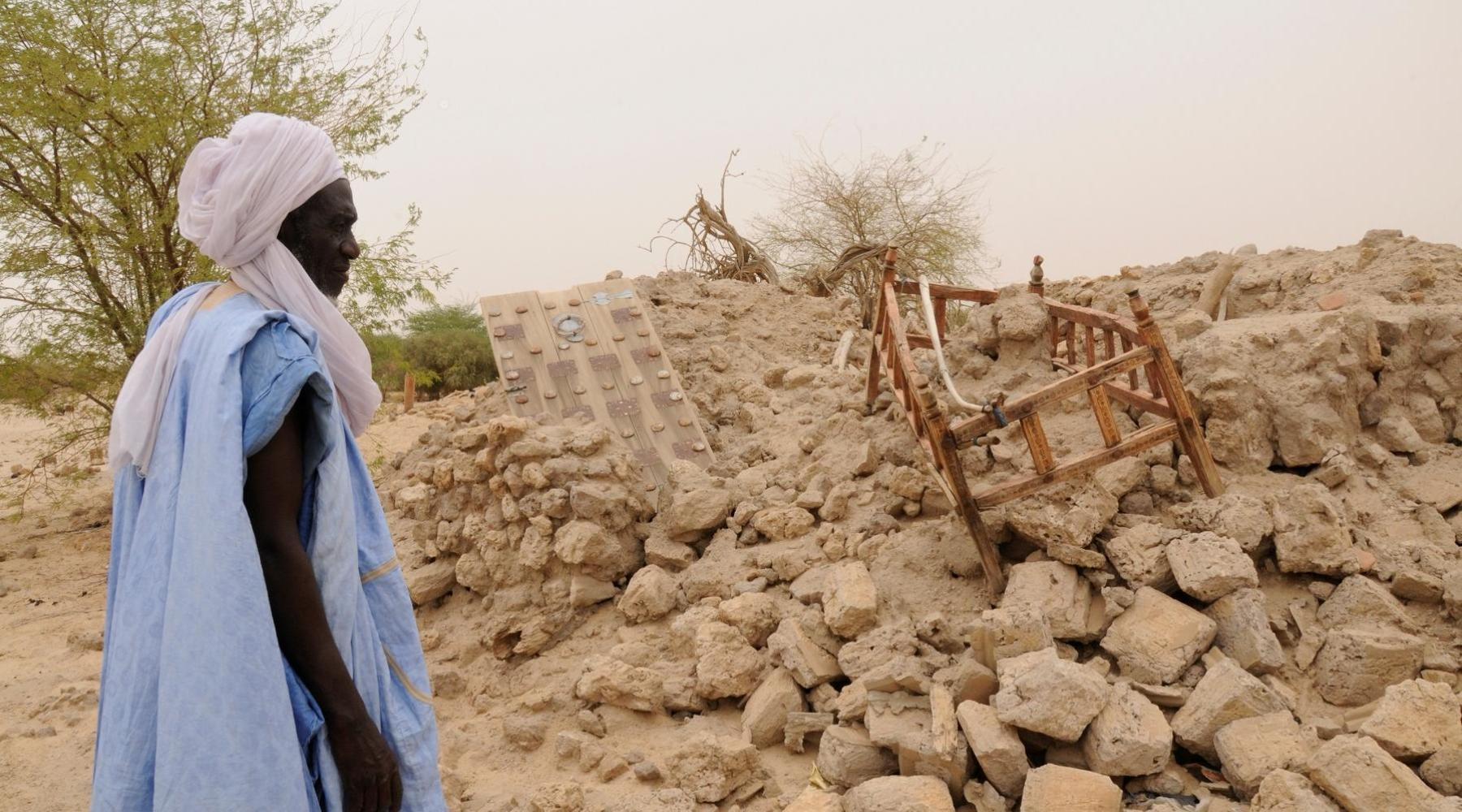13–15 June 2022, in person at the University of Winchester
This is the third edition of the International Conference on Religion and Culture in Conflict and Peace, organised annually by the University's high-impact Centre for Religion, Reconciliation and Peace.

It is increasingly apparent that governments, transnational institutions and practitioners have in principle accepted that religious and culturally contextual forms of peacebuilding can in some cases be a powerful and positive force in peace and reconciliation processes. As a result, initiatives that claim to take seriously the religious and cultural dimensions of peacebuilding have increased exponentially.
The evident optimism and increased support for this area of peacebuilding practice prompts some important questions. Is the current optimism about these approaches justified by project results and outcomes? To what extent is project design based on existing and verifiable evidence? How do the practical ideas and application link to current theoretical ideas in the subject areas of religion, reconciliation and peacebuilding?
Focus on impact
Given the increased emphasis in academia on best practice and ‘research impact’, one of the ways we might consider these questions is by taking the outcomes of practical peacebuilding initiatives as a starting point from which to retrospectively analyse the complex factors, ideas, processes and dynamics which led to that point. An emphasis on impact can enable contributors to critically consider:
- The direct and indirect links (if any) between theory, practice and impact in religion, reconciliation and peacebuilding;
- The range and type of variables which might contribute to determining the outcome and impacts of projects;
- The methods used to determine and measure impact and outcomes, and the ‘technocratisation’ of religious and cultural forms of peacebuilding and reconciliation;
- The existence and/or benefits of relations and cooperation between academics, practitioners and policy makers;
- The importance of learning from projects that did not go to plan and unintended negative consequences, as opposed to only focusing on favourable outcomes.
Proposals need not only focus on violent conflicts, but projects addressing structural violence, oppression and inequalities are equally welcome. Organisers will look favourably on projects which address contemporary challenges such as violence stemming from the Climate Crisis; resource scarcity; the global rise in populism and nationalism; contemporary conflicts such as Syria and Iraq.
The conference organisers are also keen to proactively support and develop discussions between academics, practitioners and policy makers, and therefore particularly welcome joint presentations from contributors which span these three sectors.
The conference organisers recognise that the concepts of religion and culture are complex, dynamic and contested, and encourage contributors to recognise and engage with existing debates in these subject areas.
Speakers
We will be hosting a Dialogue between Bertha Fries (victim of FARC’s terrorist attack to El Nogal Social Club) and Rodrigo Londoño (last chief in command of the FARC). The Centre of Religion, Reconciliation and Peace will host the first international event of this kind in a key moment for Colombia celebrating 5 years of the Colombia Peace Agreement.
Keynote speakers
Professor Isak Svensson is Professor at the Department of Peace and Conflict Research, Uppsala University, Sweden, and former Director of Research at the National Centre for Peace and Conflict Studies, University of Otago, New Zealand. His three main areas of expertise are international mediation in civil wars, religious and conflict, and dynamics of strategic nonviolent conflicts. He is author of many articles published in international journals. His books include Ending Holy Wars: Religion and Conflict Resolution in Civil Wars (University of Queensland Press, 2012), and International Mediation Bias and Peacemaking: Taking Sides in Civil Wars (Routledge, 2015).
Canon Sarah Snyder is the founding director of Rose Castle Foundation, an international centre of reconciliation in Cumbria, UK. She was previously the Archbishop of Canterbury’s advisor for reconciliation, a role with particular emphasis on supporting the Anglican Church in contexts of violent conflict or post-conflict. A theologian who specialises in Jewish-Christian-Muslim relations, Snyder has wide-ranging international experience in peacebuilding, dialogue, and faith-based reconciliation, most recently as director of partnerships with Religions for Peace International. She directed the Cambridge International Summer Schools for faith leaders from conflict zones. A trained mediator, she has experience both of working with communities and with senior religious leaders. Her several academic degrees from Cambridge University include Christian theology, Islamic studies, and world religions. Snyder was a participant in the International Higher Education Interfaith Leadership Forum.
We also have a number of fascinating papers from further presenters to look forward to.
Registration
To book your place, visit our online store. Bookings close on 30th May.
Bursaries
Four conference bursaries will be available for postgraduate students; if you are interested, please contact Rebecca Bellamy.
N.B.: there will be no travel bursaries, and no other financial support will be available.
